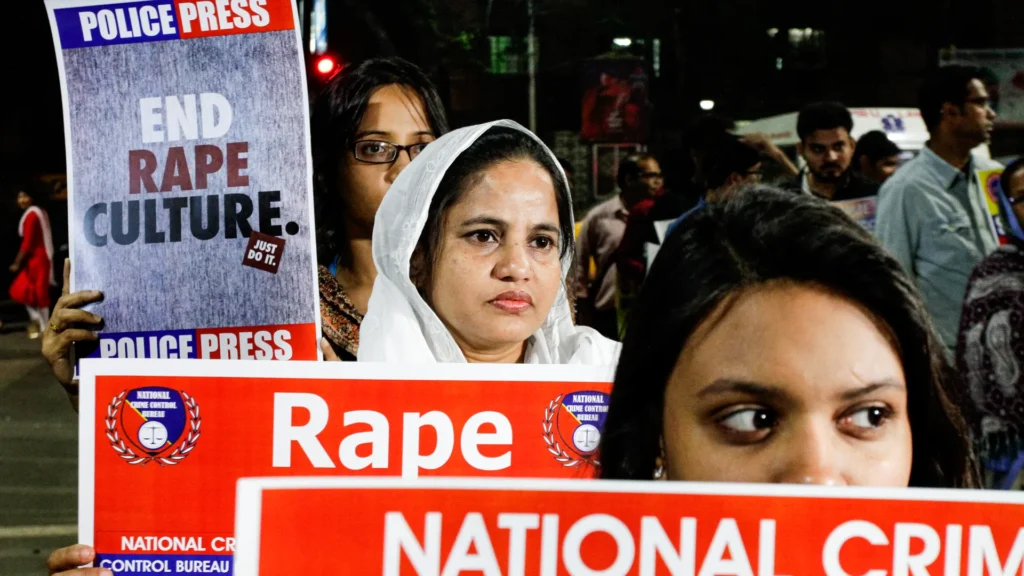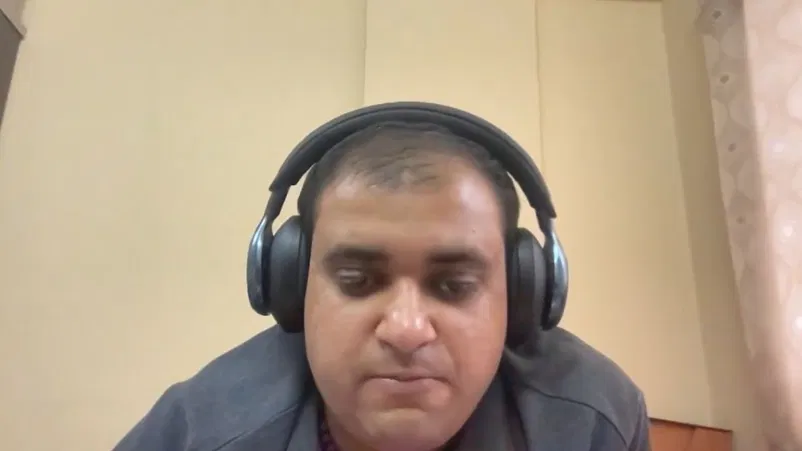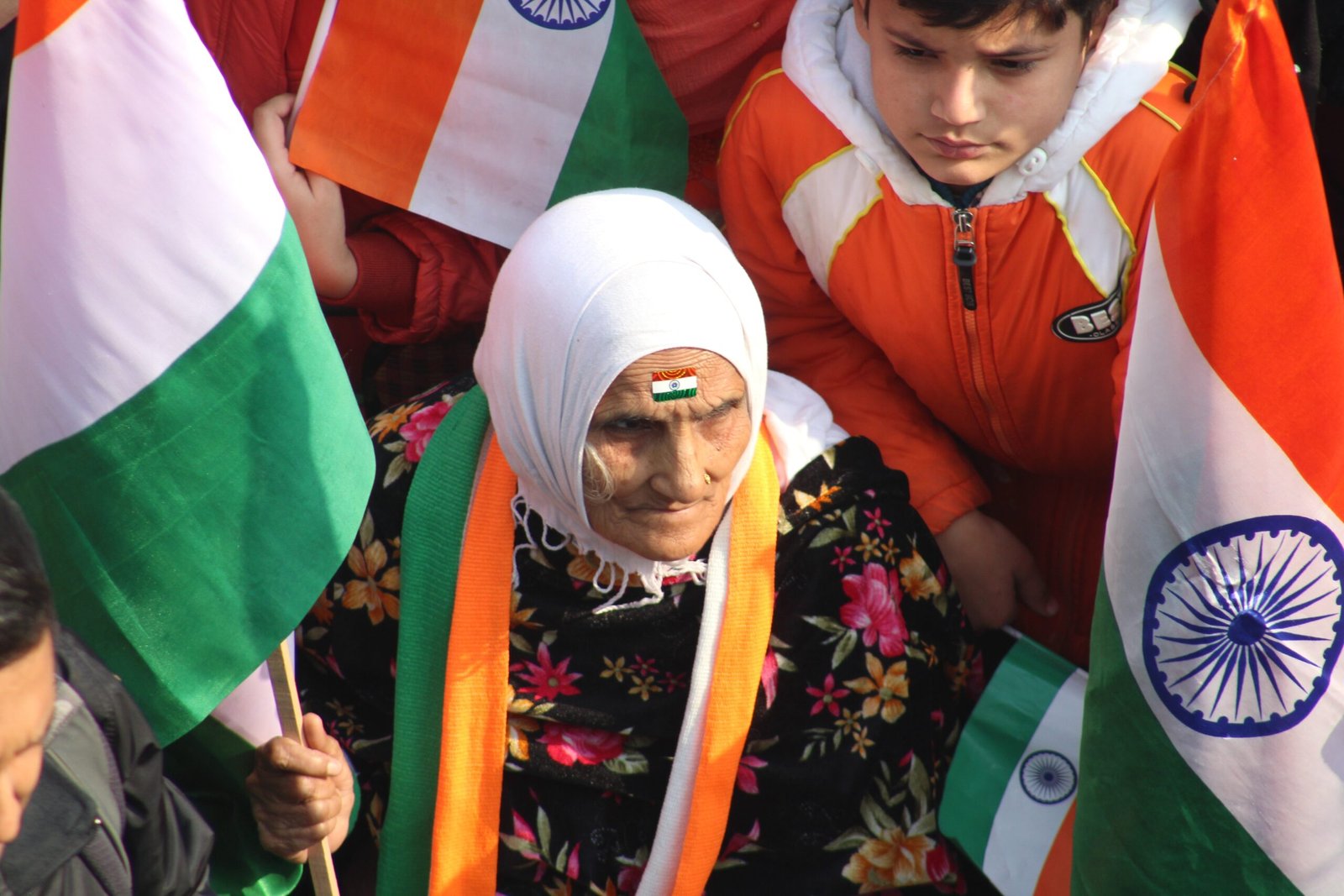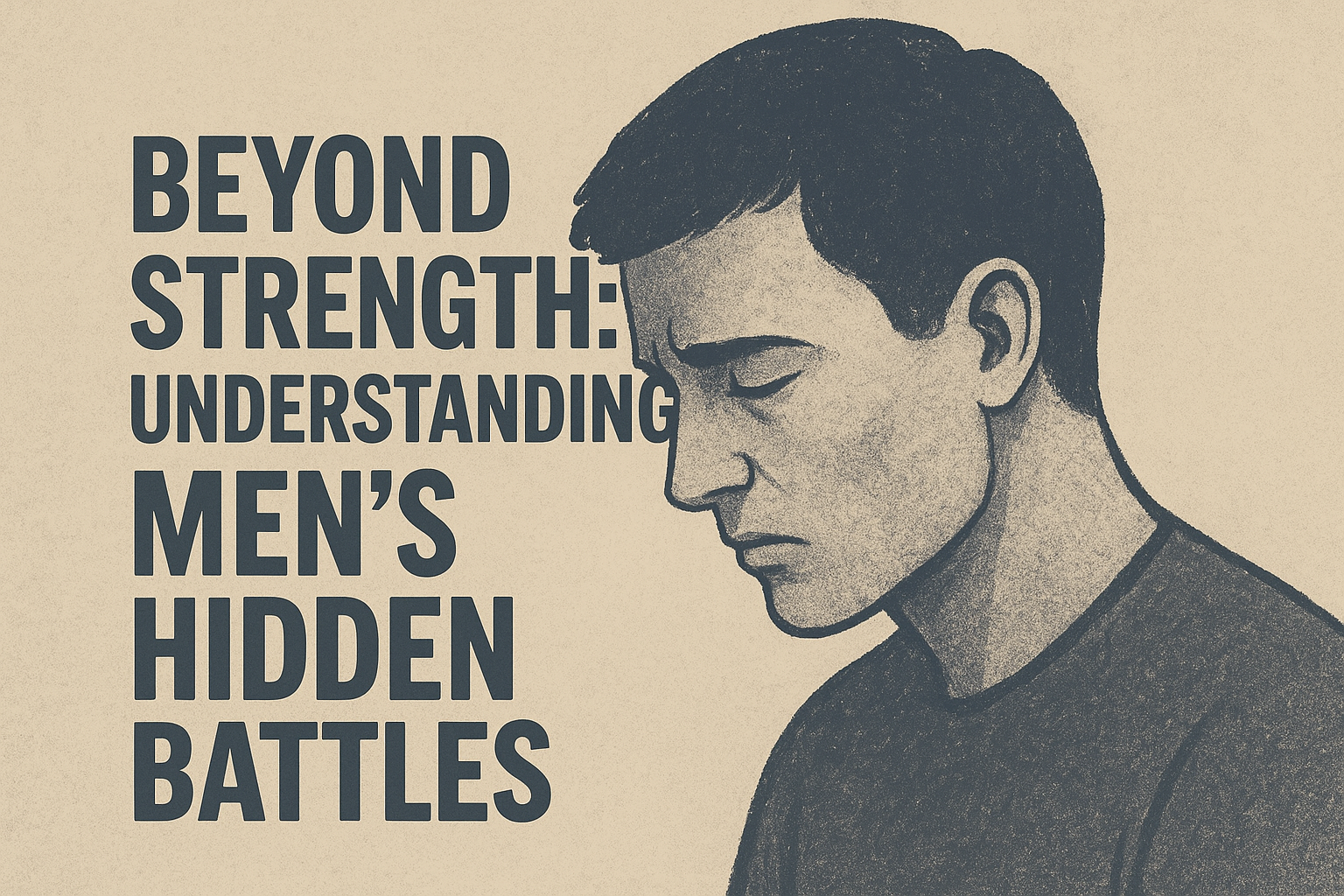Misplaced Outrage: Comedy vs. Crime
As India frets over a crass comedy show, a rape case judgment that deserves our attention and outrage once again goes unnoticed. Honestly, it’s puzzling. For a country that tweets and comments endlessly on social media, files PILs, and FIRs, and discusses the limits of indecency in comedy—such as making incest jokes—we somehow remain completely indifferent to the fact that marital rape is not a punishable offense.

While it is absolutely okay to complain about indecent comments, it is far more necessary to be outraged by indecent acts, such as marital rape. A marriage certificate should not be considered a “yes” to sexual intercourse. This is not just about decency; it’s about dignity. If marital rape is not considered a criminal offense, it diminishes a married woman’s agency. Her body becomes objectified—she is treated as property, not as a person.
Time to Get Angry About the Right Things
As a country, we urgently need to get our priorities straight. First and foremost, we must get angry about the right things:
- Be angry when girlfriends and wives are beaten in mass-market films that feature great background music and cringe-worthy dialogue written by a man-child—not just when you think a comedy show doesn’t uphold family values.
- Be angry when rapists are freed or have their sentences reduced because their crimes are not considered serious enough.
- Be angry that politicians and bureaucrats still make unacceptable and misogynistic remarks about women and rape, and are not held accountable.
- Be angry that, even as India recently celebrated its 76th Republic Day, we still do not have a law that criminalizes marital rape.
Rethinking Marriage and Consent
It’s also time to rethink: Despite several petitions, the government has refused to criminalize marital rape, stating that it would gravely affect the sanctity of marriage.

But do we need an institution that requires women to be stripped of their basic dignity and right to consent? Or is the institution of marriage so weak that it survives off the silence of thousands of girls and women, who weep every night as their bodies and souls are brutally crushed, and their hearts die silent deaths?
A Shocking Judicial Failure
The High Court of Chhattisgarh recently acquitted a man who had been jailed after his wife died from injuries caused by an act of unnatural sex he performed on her. The grounds for his acquittal were that marital rape is not a criminal offense in India.
The ‘wife’ in question was a 15-year-old minor. The girl accused her husband of forcing sexual intercourse before succumbing to her injuries in a government hospital in 2017. The man was booked under:
- Section 375 (rape)
- Section 377 (unnatural sex)
- Section 304 (culpable homicide)
For Section 375, the High Court cited the marital rape exception, under which a man cannot be prosecuted for non-consensual sex with his adult wife. Section 377, which criminalizes unnatural sex, does not include the marital rape exception; however, the Chhattisgarh High Court essentially extended the Section 375 exception to it.
The court ruled that if the wife is above 15 years, any acts of sexual intercourse, even if unnatural, are not punishable.
A Bombay High Court judgment in 2023 had declared that the legal age of consent is 18, and sexual intercourse with a girl below 18 is rape, irrespective of marriage. However, the Chhattisgarh High Court issued a contradictory decision.
The System Has Failed Us
This brings us to the topic of system failures. A few months ago, the case of a man from Bangalore, Atul, drew major flak toward Indian laws, with many claiming that Indian laws were pro-women and biased. Several men, of course, did not hesitate to argue that feminism is misandry and ask, “What about men’s rights?”

However, this case points out that the issue isn’t with the laws but with the system. Atul, as well as this minor from Chhattisgarh, has been failed by the system.
The judicial system failed to account for the fact that the ‘wife’ in question was only 15 years old. It also highlights a major loophole in our legal system—where the legal age for marriage is 18, but the marital rape exception applies to wives over 15.
Nowhere to Seek Justice
Whether it’s the case of Nirbhaya or Abhaya, we’ve realized that the road to justice is terrifying, dreary, and not promising. And although it is not a sufficient consolation, there are laws. There are sections of the Indian Penal Code under which these cases can at least be filed.
But when your husband is your rapist, at least in India, there is nowhere you can seek justice. No blindfolded lady with scales is staring your way.
The Deadliest Place for Women
A recently published UN report stated that homes are the deadliest places for women, with 140 women and girls subjected to gender-based violence and killings at home every day.
Our girls and women don’t deserve this. They don’t deserve to have their souls tormented and bodies bruised every night. The 15-year-old girl in Chhattisgarh didn’t deserve to be tortured and killed so brutally.
What she deserved was:
- Education
- Agency
- The power to make her own decisions
But unfortunately, we can’t even offer her the bare minimum—dignity and justice.

By Mohona Chowdhury
Mohona Chowdhury is an Economics student with a passion for exploring contemporary issues through a sociopolitical lens. A lover of diverse musical genres, she is also a student of classical music and finds solace in the works of Tagore, literature, and cinema. She occasionally expresses herself through poetry. Feel free to connect with her at mohonasmail@gmail.com.














